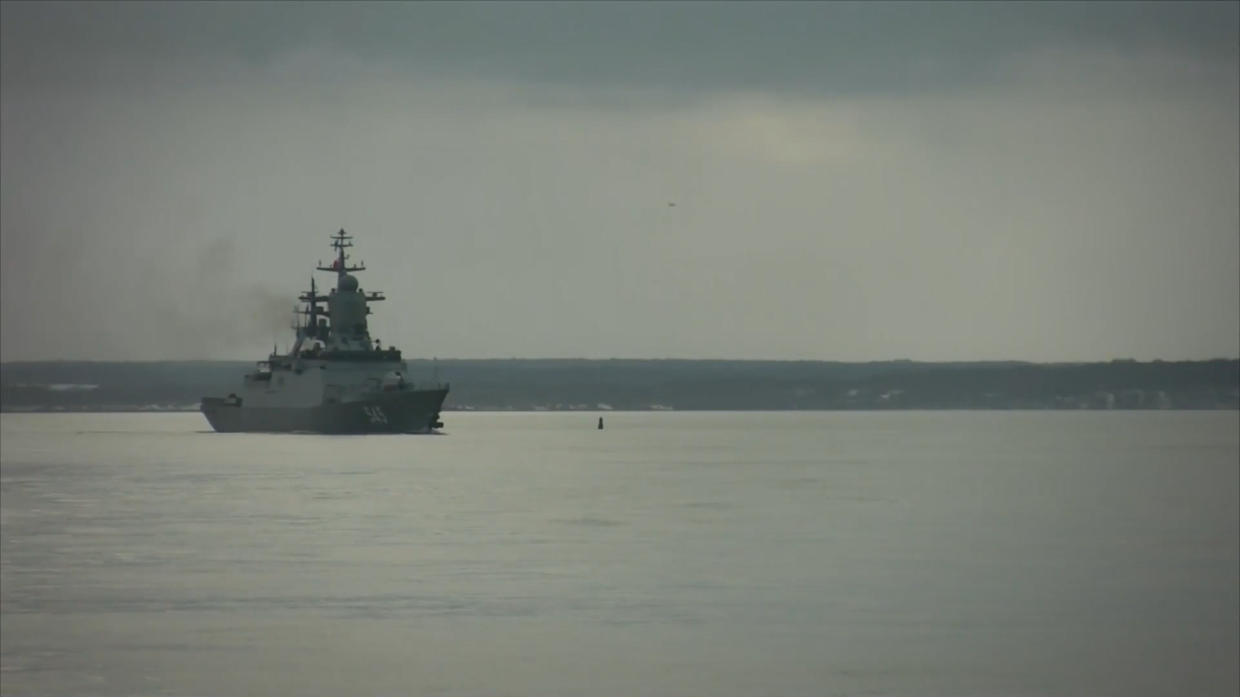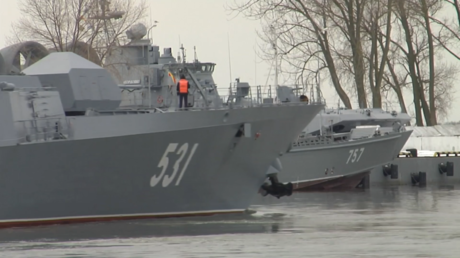Russia’s intention to deploy warships in marine exercises off the Irish coast has come under fire from Dublin, with the nation’s foreign minister arguing they are a step too far when tensions across Europe are so high.
Speaking to reporters on Monday in Brussels, Simon Coveney said he had warned the Russian ambassador that the training exercises were not “welcomed” by the Irish government. However, he acknowledged that officials “don’t have the power to prevent this happening.”
The Russian battleships will participate in live-fire sea drills that are part of a wider series of separate exercises in the Mediterranean and North Seas, and the Northeast Atlantic and Pacific Oceans. More than 140 warships and support vessels and around 10,000 troops are expected to take part.
While the diplomat acknowledged that February’s exercises 240km (150 miles) off the southwest coast of Ireland will take place in international waters, it noted that those waters fall within the country’s exclusive economic zone.
“Russia, under the International Law of the Sea, can of course undertake military exercises in international waters, but it’s the fact that they’re choosing to do it on the western borders, if you like, of the EU off the Irish coast,” Coveney continued.
“This isn’t the time to increase military activity and tension in the context of what’s happening with Ukraine at the moment, and so I think it’s important that I brief my colleagues on those intentions,” he said.
The minister said the European Union was ready to impose a “severe” range of sanctions and restrictions on Moscow in the event of its armed forces staging an incursion into Ukraine.
Coveney’s remarks come amid concerns expressed by Western officials in recent weeks that Russia is amassing its troops and hardware along the shared border ahead of invading its neighbor, which the Kremlin has repeatedly denied.
Instead, Moscow has accused the West of creating a precarious situation in the Eastern European nation. In November, Russian Foreign Minister Sergey Lavrov warned that, in Ukraine, “more and more forces and equipment are being accumulated on the line of contact in the Donbass, supported by an increasing number of Western instructors.”


